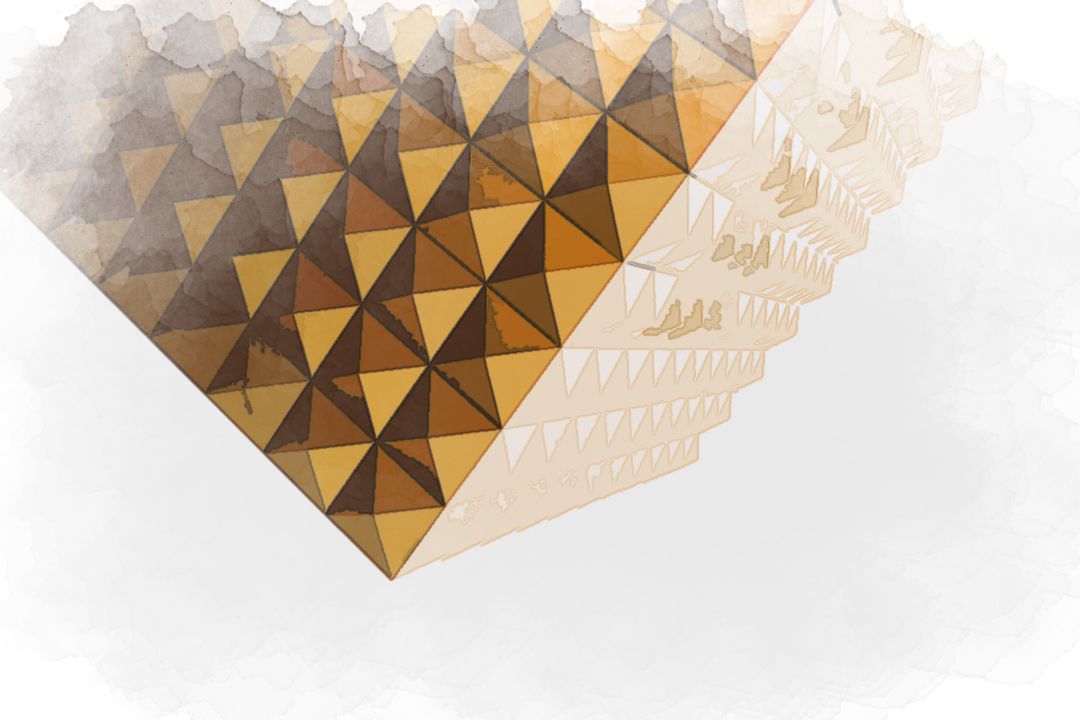Idealized Orientations

Oppression From Above
In a time before memory, the village of Alora was a different place. Nestled in the earth’s embrace, surrounded by fields of gold and rivers that sang to the mountains, it was a sanctuary of peace, a cradle of life and creativity. The people of Alora were known far and wide for their artistry and joy, their songs weaving through the valleys like threads of light. Life in Alora was harmonious, a delicate balance of give and take with the land that sustained them.
But as the ages turned, darkness crept over the heart of one man. The future Count, once a child of the same light that bathed Alora, grew into a soul shadowed by greed and a thirst for control. Where once there had been harmony, he saw an opportunity for dominion. The laughter began to fade from Alora, the songs grew quieter, and the vibrant tapestry of life dulled under the weight of an emerging tyranny.
It was in this changing world that Elia was born. Amidst the creeping shadows, her spirit flickered like a candle in the wind, a beacon of hope in the growing darkness. Her hands, small but skilled, moved with the memory of Alora’s forgotten songs, her paintings a silent rebellion against the encroaching gloom.
Lord, grant that I may always desire more than I can accomplish.
— Michelangelo (1475-1564)
Despite the oppressive atmosphere fostered by the Count’s rule, Elia’s spirit refused to be crushed. Her heart, filled with the echoes of Alora’s once vibrant life, ached to bring colour back to her people's grey faces. She dreamed of returning the light of hope and freedom to their eyes, a seemingly impossible task given the circumstances surrounding her.
Her days were spent in the solitude of her modest home, her canvas the window through which she dared to imagine a different world. Each brushstroke was defiance, each colour challenging the despair enforced by the Count’s iron fist. She was driven by a desire so profound, a longing so vast, that it seemed to reach beyond the very skies above. Michelangelo’s plea whispered through her mind as she worked, a mantra fueling her silent crusade.
Fear is the parent of cruelty.
— James Anthony Froude (1818-1894)
And then, there was the root of the Count’s tyranny – fear. It permeated every stone of his towering castle, every decree that echoed down the cliffside to the ears of the villagers below. Once susceptible to the joys and sorrows of human existence, his heart had hardened into a fortress of dread, believing that his vulnerabilities could be concealed only through the suppression of others.
Elia’s art, her soul’s rebellion, became the target of his insecurities, reflecting everything he had sacrificed on his ascent to power. In his eyes, her vibrant landscapes and hopeful hues were not just acts of defiance but threats to the foundation of his reign. His response, steeped in the fear that had come to define him, was swift and merciless, a campaign aimed at eradicating the very notion of hope from Alora.
But in his quest to extinguish the flame of rebellion, the Count underestimated the strength of the human spirit and the resilience of those who had known true beauty and freedom. With her paintings and dreams, Elia became a symbol, a silent leader in a battle that was fought not with swords but with the hearts and minds of the oppressed.
The rest of the story unfolds as previously described, a tale of resistance and rebirth, guided by the light of a young artist’s dreams and the collective courage of a people who finally remembered how to hope.

Figures of Speech Collection Personified
Our editorial instructions for your contest submission are simple: incorporate the quotes and imagery from the above article into your submission.
What emerges is entirely up to you!
Winners receive $500 per winning entry multiplied by the article’s featured quotes. Our largest prize is $8,000 for rewriting the following article;

At Planksip, we believe in changing the way people engage—at least, that’s the Idea (ἰδέα). By becoming a member of our thought-provoking community, you’ll have the chance to win incredible prizes and access our extensive network of media outlets, which will amplify your voice as a thought leader. Your membership truly matters!


